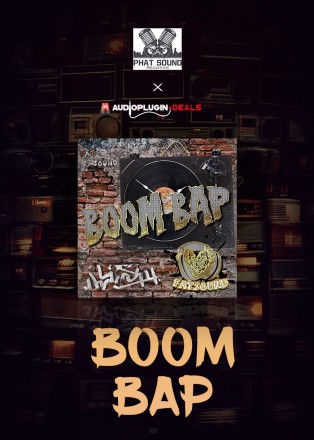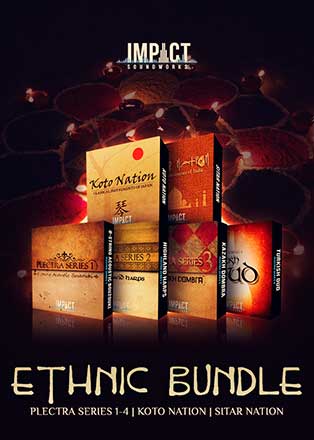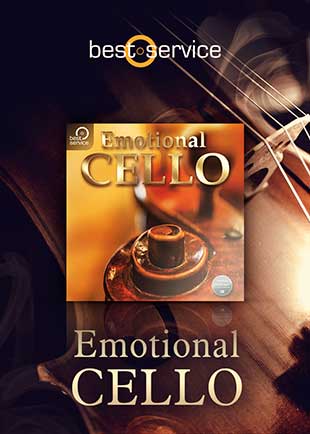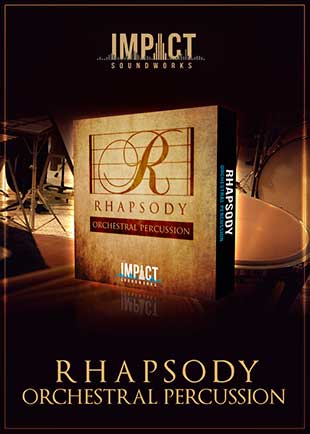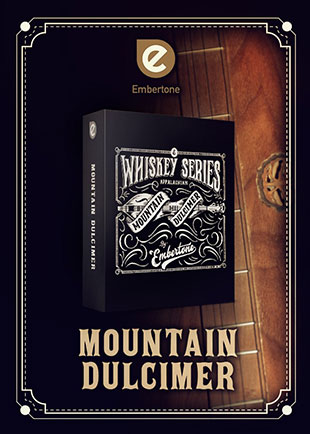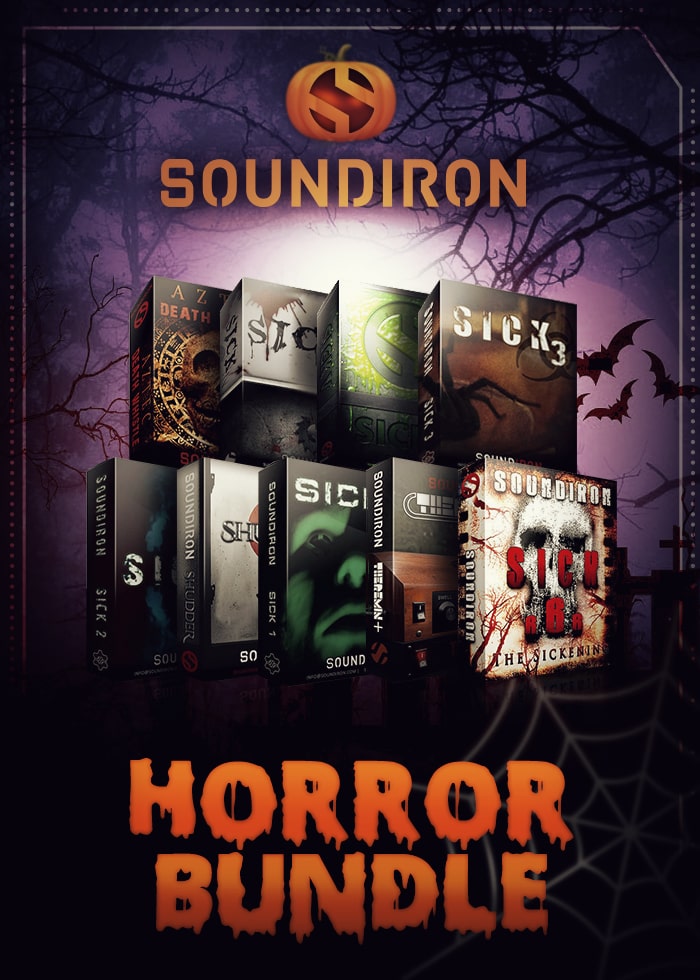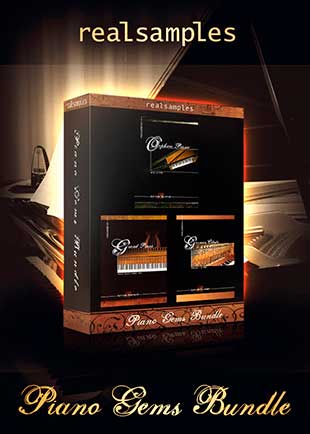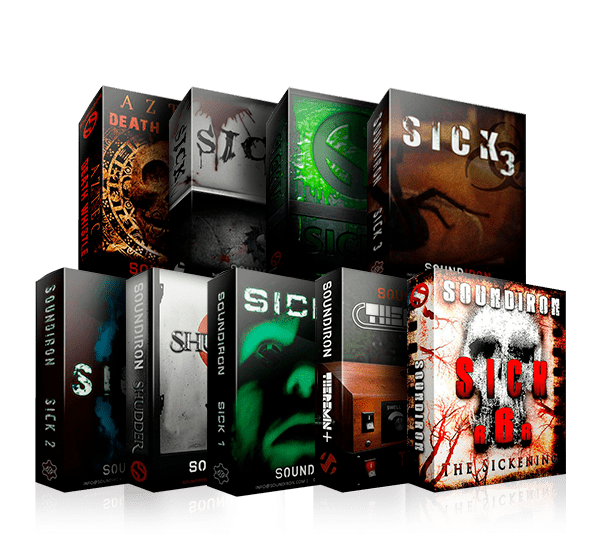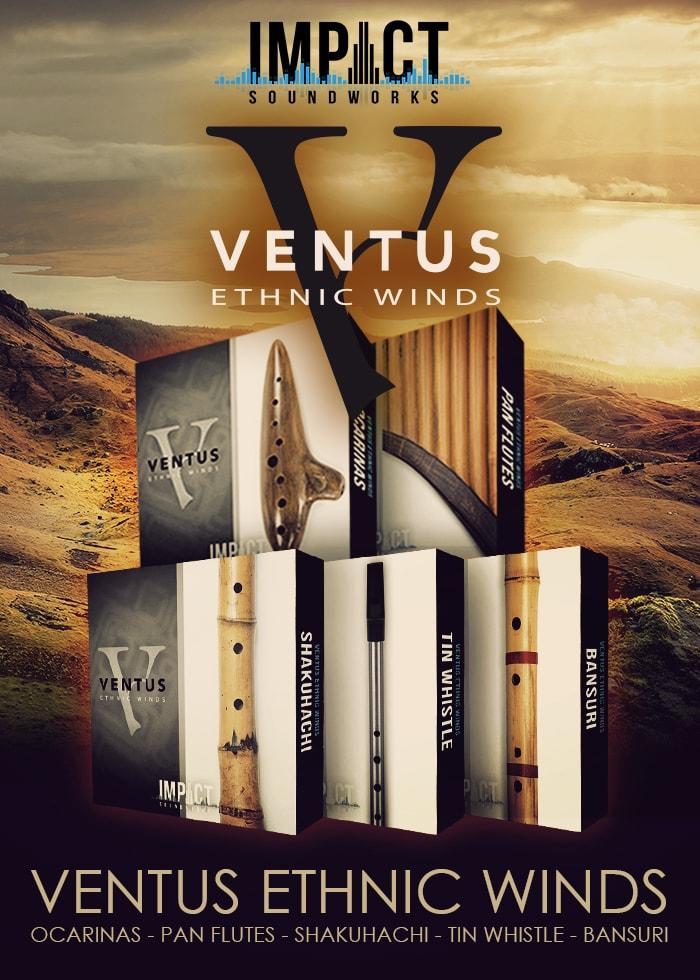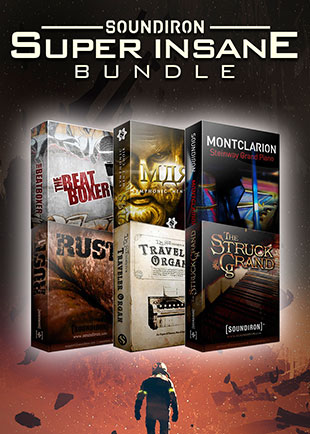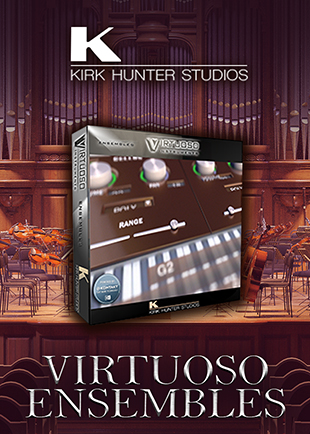Here at APD, we’ve had the tremendous pleasure of interviewing keyboard legend Jordan Rudess of the prolific prog-rock band Dream Theater. Jordan is also a solo artist and works extensively with MIDI, virtual instruments, and plugins, and also as a developer of virtual instruments for the iOS platform. He was gracious enough to share some insight and knowledge with all of us!
Audio Plugin Deals: What was your main inspiration and focus for your latest album, “Wired for Madness”? It has an interesting title, can you tell us why you chose that name?
Jordan Rudess: My musical brain runs in many different directions. My goal in WFM was to allow myself full expression no matter where it took me! I knew that I wanted it to be more on the rock side of what I do but beyond that it was a real download of my personal musical madness- no holds barred!!
APD: How does writing for your solo projects differ from writing with Dream Theater? Do you find it liberating to be the main decider for the content on the album, or is it more challenging?
JR: When I write for DT I call upon a lot of stylistic elements to create our “sound”. Even though DT’s music is very wide as far as influences there are still necessary limitations that are in play to achieve the sound that people know as DT. If we stretch too far it could enter territory that would simply not fit who we are as a band and what people expect. That’s an interesting job which I welcome but it means that I’m not totally free to write whatever I choose. Solo stuff allows me to be in full control and I can decide any possible direction. It’s incredibly fun and cool to have the solo outlet as well as DT so I can do all the crazy super proggy/electronic/classical weird stuff that I love.
APD: What new ideas and themes did you want to explore with “Wired for Madness”? What was the greatest challenge in creating this album?
JR: The hardest part is getting started and getting in the groove. Figuring out the technicals and for me, remembering how everything works in my studio after the touring!! Once I get past the hump then it starts to flow. For me there is no shortage of ideas but of course in the composition process and orchestration process things can take time as I search for just the right color of sound or chord!! My computer not liking the tons of tracks I was producing was the biggest challenge. Midway through I had to get another more powerful computer.. My laptop just wasn’t happy with 80 virtual running at the same time!!
APD: Knowing that you are well versed in both performance and the programming/software aspect of music production, can you tell us about your approach to writing/recording ideas and then transferring them into a DAW to create full fledged tracks? Do you prefer to capture the raw performance via audio, or polish things up with precise MIDI editing?
JR: I do everything with MIDI.. Still a great invention.. I use LOGIC and a lot of my compositions come from the art of improvisation.. I like to capture my ideas and then open the musical notation and modify (if needed) and orchestrate from there. Sometimes I’ll put a part down with piano but knowing that the piano is only like a pencil sketch that eventually will disappear once the orchestration takes over! For my guest players- they all recorded their parts at their own studios except for Rod Morgenstein and Elijah Wood who recorded at JGP studios in NY.
APD: As far as the sounds we hear live and on your album, do you mostly use voices/sounds from a hardware instrument, or do you use software plugins or libraries to achieve certain sounds? Can you tell us which software plugins are your favorite to use?
JR: I have tons of virtual instruments and I’m like a kid in a candy shop and love diving into the magical world of sound that is in so many of my plugins!! As far as hardware goes when I’m recording I usually really on my Korg Kronos for laying down my lead sounds.. (Haven’t quite got them in software yet). I have sampled many of my custom patches beyond that though as I like to be focused in front of my master keyboard and computer when writing and do most in the box! In software I use NI Kontakt a lot to run amazing stuff like SampleLogic Arpology, Modern Animated Percussion, Xosphere and WFM has some wild Electro City loops featured! Other favorites are VI’s from Heavyocity (I featured some of their cool vocal sounds on WFM) OUTPUT- who has created some very cool plugins that I use like EXHALE, and certainly a staple of my instrument collection- Omnisphere by Spectrasonics. Built in Logic instrument Alchemy is also used a lot as well as some wonderful sounds by 8DIO.
APD: If you could choose just one piece of gear, one VST, and one effects plugin to use for the rest of your life, what would they be?
JR: I’d have to say the Korg Kronos for hardware gear, Omnisphere for software, and Sugarbytes Effectrix
APD: Going even further, I know you own a lot of the plugins from Audio Plugin Deals! What do you think of them, have you ever used them on any of your professional work?
JR: APD has some great stuff and anybody who is into sound and VI’s needs to keep their eye on this space… I’m a big fan of the Kirk Hunter orchestral sounds. Recently I got a lot of sonic mileage out of Sektor by Initial Audio and on WFM used a bunch of the Cinematic Guitars from SampleLogic
APD: So far we’ve talked about writing, performance, and plugins. I know your company, “Wizdom Music”, creates virtual instruments for the iOS platform. How involved are you with that process?
JR: I’ve had Wizdom Music for about 10 years and I’m still very involved in that. I’m passionate about creating new instruments and how multi-touch can bring new expressive possibilities to musicians.. I generally partner with technical people who know how to code because that is not one of my skills! I’ve found wonderful people through the years that share vision with me and can make my visions turn to reality. From MorphWiz and Samplewiz to HarmonyWiz and GeoShred its been a great ride! There are more, but those stand out in my might at the moment!!
It is quite amazing the amount of interactive content and the technology we all have at our fingertips these days.
APD:What got you started in creating virtual instruments?
JR: I was inspired by the original iPhone.. I would run my finer along the surface and imagine the sound and effect in my head. I was determined to see my vision turn into reality and my first product was MorphWiz!
This is something often discussed in various composer groups online, especially with the rise of AI assisted songwriting:
APD: Do you ever fear virtual instruments will become so realistic and expressive, that the demand for actual live performances and recordings will actually slow to a halt?
JR: I think AI is moving fast and I’m very interested in it. Personally i don’t feel threatened by it but rather excited- because its just so interesting. I know I can sit at the piano all day and create new music off the top of my head and there is nothing that will replace a persons unique output or the personal enjoyment and healing I get from the musical experience. I’m basically for as much musical output from humans and machines as possible!!
APD: You have an impressive and iconic career, covering not just musicality and live performance, but spanning into the realm of technology, recording and virtual instruments. What advice would you give to new composers and musicians who feel intimidated by the sheer amount of competition?
JR: Yeah- that’s a great question.. There is so much music out there and so many bands and people doing it. First of all you have to follow your heart and your passion and know that whatever you do it will take work if you want to be great at it!! Its really important in today’s world to understand the parameters of the “game” SO much about getting your music out there has to do with navigating the internet and understanding how to reach people. I’m happy to know that schools like Berklee school of music offer a lot of insight and training in using all the new platforms and how to make sense of it all. There is nothing that replaces practice and hard work and the addition of being open to all the new ways and means to get your music out there will help to achieve ones goals!!
APD: Finally, what music/artists are you enjoying lately? Is there anything new you are currently learning or look forward to learning in the near future?
JR: I’ve been listening to a lot of guitar based music with cool production values.. Artists like Polyphia and Waxmillion and McRocklin and Chon come to mind..
APD: Again thank you SO much for taking the time to share with us. I know it will be extremely helpful to countless musicians and composers!
Learn more about Jordan Rudess

